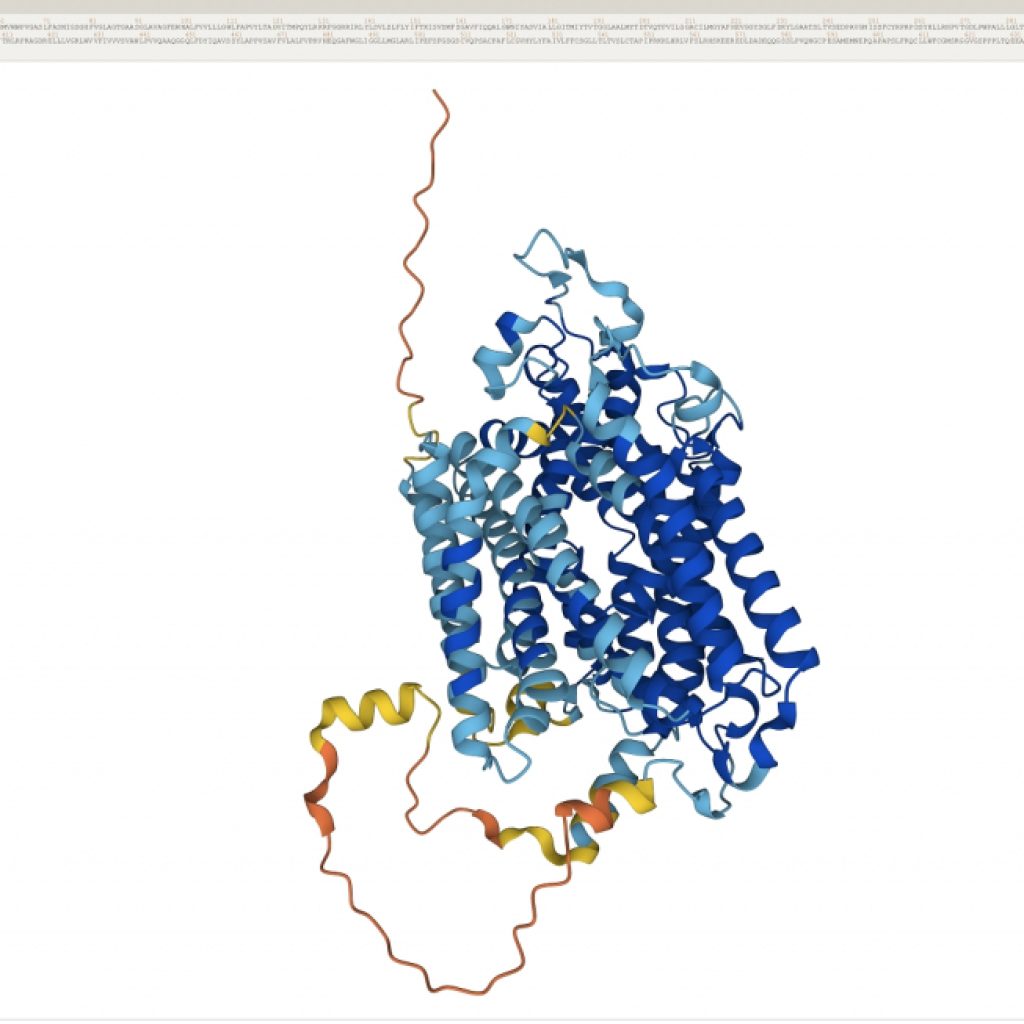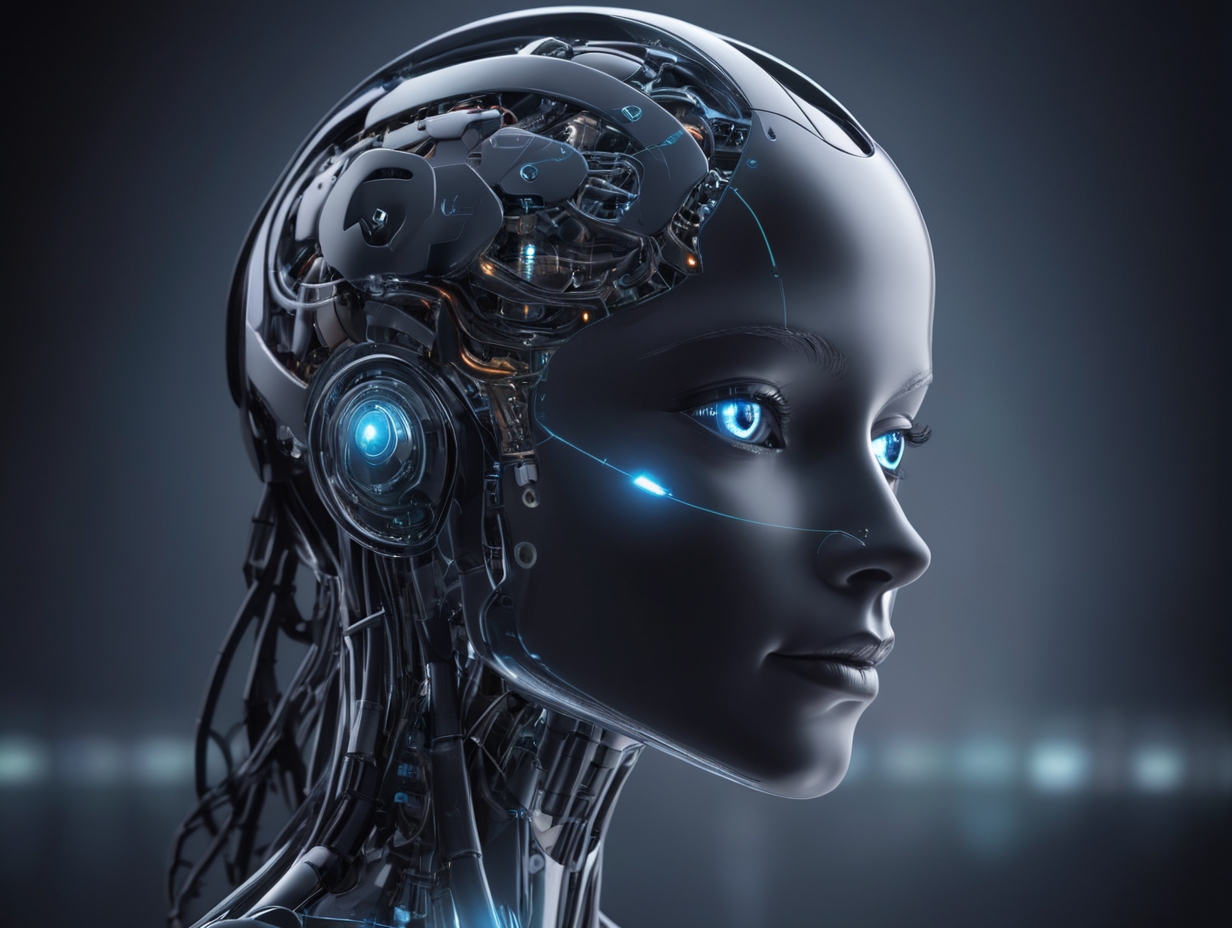Generative Artificial Intelligence (AI) is poised to become the next transformative force in human history, with profound implications for economies, societies, and culture. As we examine the potential impact of AI on our economies, several factors come into play, including policy, regulation, competition, and the pace of innovation.
Infrastructure and costs
While AI’s physical footprint may appear small compared to previous industrial revolutions, the production and advancement of supporting technologies, such as semiconductor manufacturing, data centers, and clean energy production, entail substantial costs. The extent to which these infrastructures are developed will significantly influence AI’s implementation.
Regulation and adoption
The widespread adoption of generative AI could be facilitated by mass recursive learning and AI-driven insights, but its success will hinge on regulatory, governmental, and societal reactions to its introduction. These factors will determine the pace and scale of AI’s integration into various sectors.
Historical context
Throughout history, technological advancements have consistently boosted productivity, reducing the need for labor in some sectors while creating jobs in new areas. However, these shifts have also led to significant societal changes, including the movement from agriculture to manufacturing and, more recently, deindustrialization in certain regions.
Disinflationary pressure
Economic theory suggests that AI, as a positive supply-side force, should create disinflationary pressure. Productivity gains enable producers to produce more efficiently, but whether these cost savings are passed on to consumers through lower prices or retained as profits depends on the level of competition in the market.
Industry concentration
The degree of industry concentration in the AI sector may be influenced by the technology’s rate of development. Rapid AI development could allow early adopters to establish dominant positions, potentially leading to monopolistic outcomes. Conversely, slower development may foster a more competitive landscape.
Government’s role
As AI could disrupt labor markets on a massive scale, governments may need to play an active role in providing retraining opportunities for displaced workers. Additionally, governments are already focusing on AI regulation, which may become more urgent if AI develops quickly or leads to monopolistic market concentrations.
Impact on global growth
Predicting the ultimate impact of AI on global growth is challenging. A material positive supply shock from AI should raise the trend rate of economic growth, benefiting economies heavily involved in its development, such as the US, Japan, South Korea, Europe, and the UK. These regions, particularly leaders in the semiconductor industry, stand to gain the most from AI implementation.
The path forward for AI
Generative AI holds the promise of a new technological revolution, potentially as far-reaching as previous breakthroughs. However, historical trends suggest that such changes unfold over prolonged periods, often spanning half a century or more.
Productivity, inequality, and climate change
Previous technological waves have delivered significant productivity and growth gains but also brought about substantial disruption. The impact of AI in the coming decades will depend on the institutional choices societies make and global coordination efforts. AI has the potential to boost productivity, raise living standards, reduce inequality, and accelerate efforts against climate change. However, achieving these outcomes is not guaranteed, and numerous challenges must be addressed to ensure universal benefits.
Generative AI is poised to reshape our world, with the potential to revolutionize economies, societies, and culture. The path forward will depend on the decisions we make as societies, from regulation and competition to workforce retraining and global cooperation. While the promise of AI is exciting, it comes with challenges that must be met to realize its full potential. As we stand at the threshold of this new technological era, our choices will shape the course of history.





